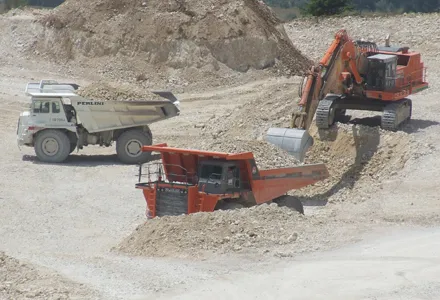The annual work programme has a high degree of flexibility to address new demands of projects of common interest which focus on TEN-T priorities. The first is to promote the development of an integrated and multi-modal transport system, with a budget of €25 million.
March 21, 2012
Read time: 2 mins
The annual work programme has a high degree of flexibility to address new demands of projects of common interest which focus on TEN-T priorities. The first is to promote the development of an integrated and multi-modal transport system, with a budget of €25 million. The second is to promote infrastructure development contributing to mitigation and adaptation to climate change and reducing transport's impact on the environment, with a budget of €35 million. The third is to accelerate the implementation of TEN-T projects, with a budget of €100 million. The fourth is to support public-private partnerships (PPPs) and innovative financial instruments with a budget of €15 million. The fifth is to support the long term implementation of the TEN-T network, in particular the development of corridors that enable a coordinated implementation of the network, with a budget of €25 million. The 4118 TEN-T Executive Agency (TEN-T EA) manages the overall technical and financial implementation of the TEN-T programme, on behalf of the Commission's Directorate-General for Mobility and Transport. This means the Agency is responsible for the management of the calls for proposals as well as the external evaluation of project proposals submitted. The deadline for submitting proposals is 13 April 2012. Proposals will be evaluated on the basis of their relevance to the TEN-T priorities and policy objectives.









